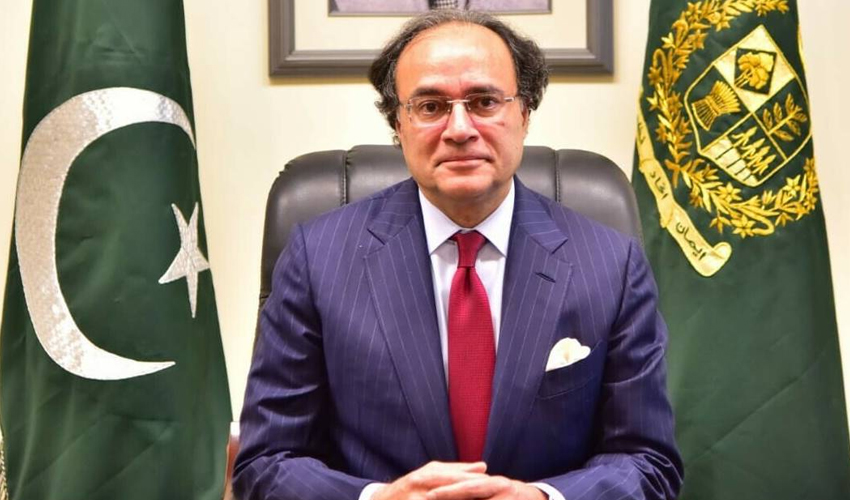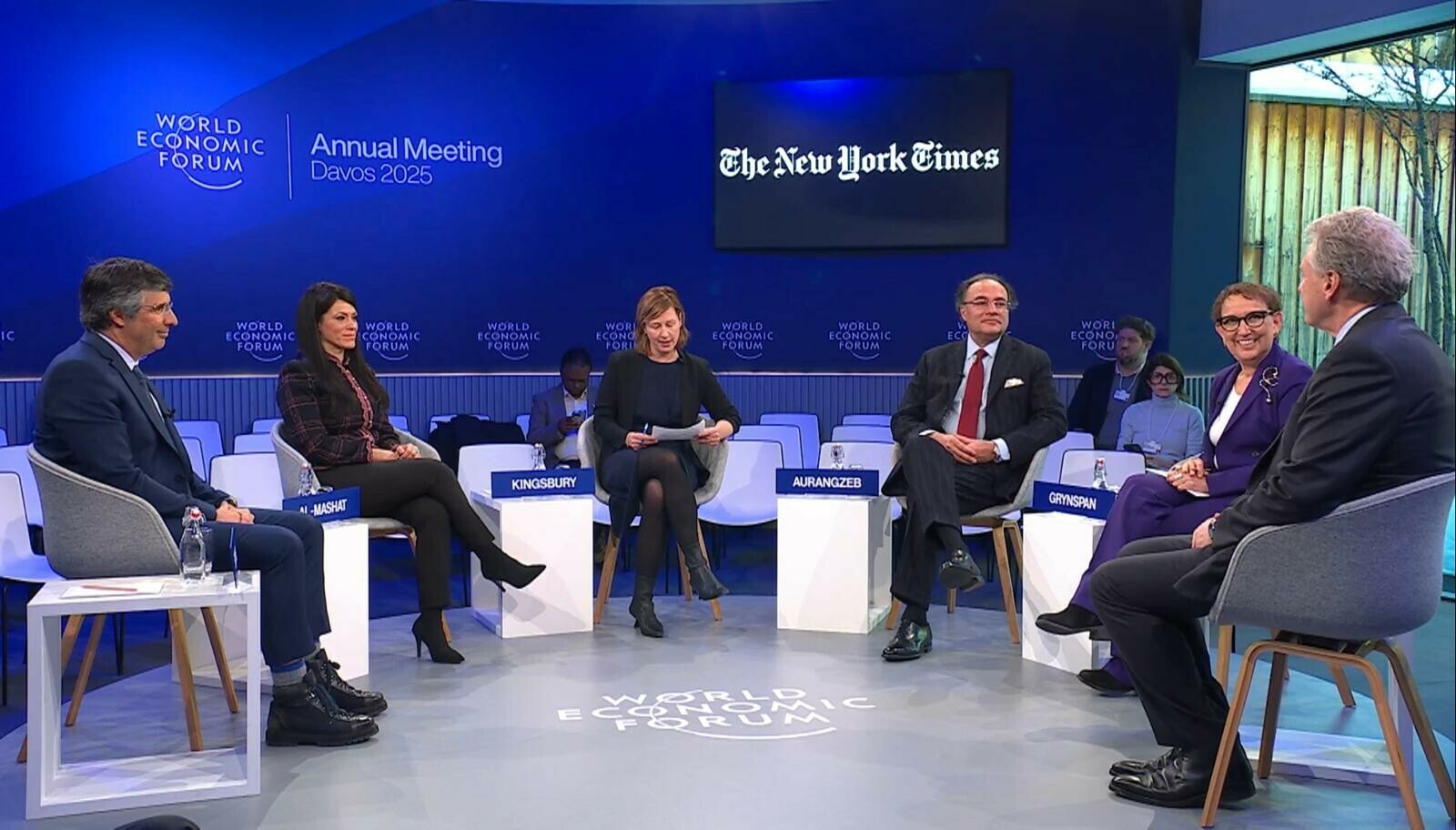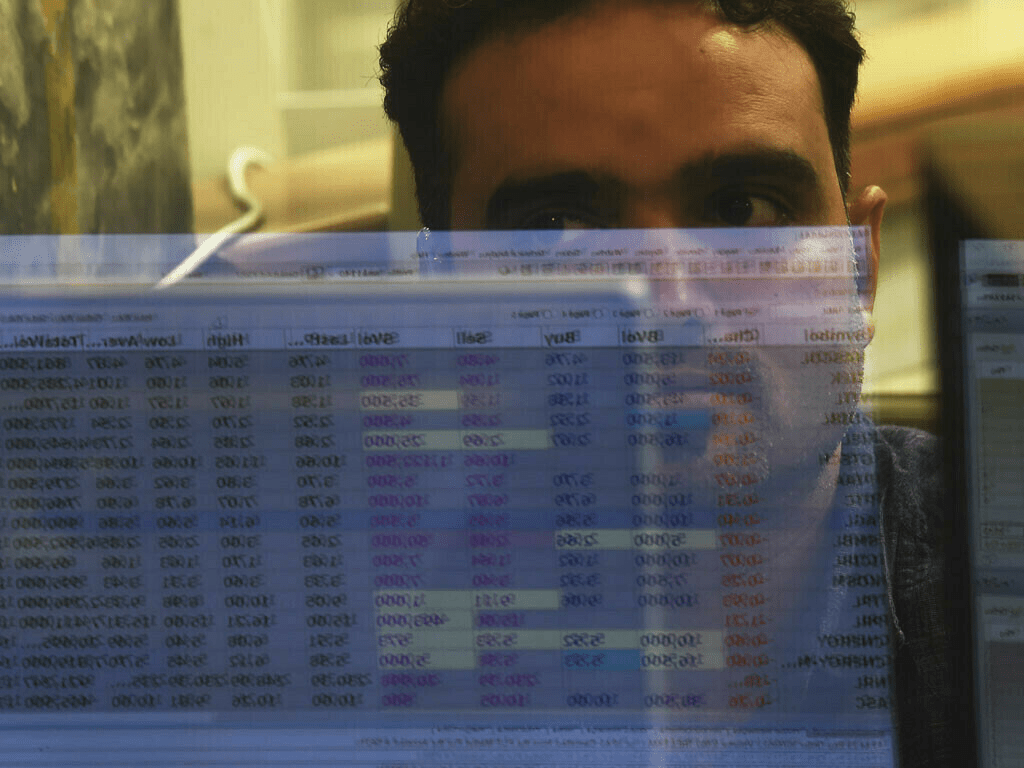PTBP Web Desk
Federal Minister for Finance and Revenue, Senator Muhammad Aurangzeb, took the helm of the second meeting of the Prime Minister’s Committee on Social Impact Financing. This session was pivotal in exploring financial innovations aimed at driving social impact, enhancing financial inclusion, and uplifting marginalized communities across Pakistan.
Prior to diving into the agenda, Minister Aurangzeb underscored the importance of navigating through Pakistan’s economic reforms while simultaneously tackling existential threats like rapid population growth, which exacerbates issues like child stunting and learning poverty, and the relentless challenge of climate change. He articulated, “This meeting holds immense importance in resolving and addressing both of these challenges,” emphasizing a dual focus on economic stability and social welfare.
The meeting commenced with a follow-up report on previous discussions, setting the stage for further deliberations. Karandaaz Pakistan presented an overview of the burgeoning field of impact investing, noting its global growth to $1.571 trillion in assets under management with a 21% annual growth rate since 2019. They proposed the creation of a Green Impact Fund (GIF), a $250 million initiative designed to finance green micro and small enterprises (MSMEs). This fund would employ a mix of concessional loans, equity with first-loss guarantees, and technical assistance, aiming to harness global climate finance, commercial funds, and donor contributions to promote sustainable economic growth and job creation.
The Ministry of Poverty Alleviation and Social Safety shared its progress, detailing programs like:
Benazir Income Support Programme (BISP): Specifically, the Nashonuma initiative which supports nutritional aid and stipends for 2 million pregnant women and children under two, and the Kafalaat Program, which provides cash transfers to 9.3 million women, backed by a Rs. 461 billion budget.
National Poverty Graduation Program (NPGP): This initiative has successfully transferred productive assets to 151,822 households, offered 252,012 interest-free loans, and provided livelihood training, boasting a 74.4% graduation rate from extreme poverty with a significant income increase.
Poverty Graduation of Extremely Poor and Flood-Affected Households (PGEP): A USD 134.2 million project focusing on providing livelihood assets, climate-smart agricultural technologies, and interest-free loans.
Pakistan Bait-ul-Mal Programs: Managing various support systems including shelter homes, women empowerment centers, and programs for orphans and widows.
The discussions highlighted several strategic priorities:
Mobilizing both domestic and international capital for social impact investments.
Crafting a robust regulatory framework to ensure effective social impact financing.
Broadening financial inclusion via innovative financing models.
Strengthening public-private partnerships to tackle climate change and foster sustainable development.
Bolstering resilience in disaster-prone and climate-sensitive regions.
Minister Aurangzeb stressed the necessity of structured monitoring and reporting to assess the tangible outcomes of these initiatives. He called for enhanced capacity building and the development of tracking dashboards to monitor progress, advocating for a more comprehensive approach to scale up efforts for a broader impact.
The Finance Minister concluded by urging all stakeholders to expedite the finalization and implementation of proposed frameworks, aiming to align these efforts with Pakistan’s aspirations for sustainable development, climate resilience, and poverty alleviation.
The meeting was attended by a mix of influential figures from both public and private sectors, including Dr. Amjad Saqib from Akhuwat Foundation, Waqas ul Hassan from Karandaaz, Dr. Fatima Khushnood from Pakistan Environment Trust, among others, highlighting a collaborative approach to these challenges.




